
Pathway Learning Blog
Access our growing library of hundreds of blog posts covering topics relevant to church leaders. Preview and read these blog posts now.
SEARCH THE BLOG
Looking for something in particular? Search our hundreds of blog posts on topics of interest to church leaders.

The Vision for Mercy (Mercy, Part 3)
iblical mercy is much broader than mere physical acts of charity or development for the materially poor. Mercy seeks to alleviate not only suffering from physical brokenness, but also all forms of spiritual, mental, emotional, and relational brokenness because of sin. In this part, you'll learn how to teach how church mercy ministry is a sign and instrument of God's kingdom.

The Goal of Mercy (Mercy, Part 4)
Biblical mercy is much broader than mere physical acts of charity or development for the materially poor. Mercy seeks to alleviate not only suffering from physical brokenness, but also all forms of spiritual, mental, emotional, and relational brokenness because of sin. In this part, you'll learn how to defend how the ultimate goal of mercy is the worship of Jesus as King.

The Heart for Mercy (Mercy, Part 5)
Biblical mercy is much broader than mere physical acts of charity or development for the materially poor. Mercy seeks to alleviate not only suffering from physical brokenness, but also all forms of spiritual, mental, emotional, and relational brokenness because of sin. In this part, you'll learn how to understand why mercy ministry is an act of service in worship to God.

When Helping Hurts– The Danger of Good Intentions When Serving The Poor (Mercy, Part 6)
Biblical mercy is much broader than mere physical acts of charity or development for the materially poor. Mercy seeks to alleviate not only suffering from physical brokenness, but also all forms of spiritual, mental, emotional, and relational brokenness because of sin. In this part, you'll learn how to determine best contextualized practices for your church mercy ministries.
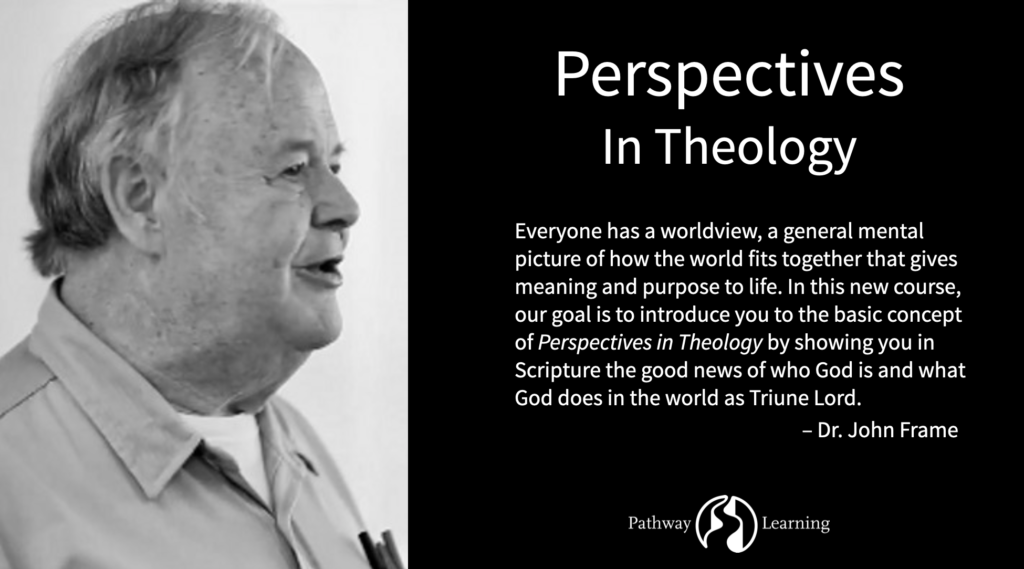
The Revelation of God (Perspectives in Theology, Part 1)
The revelation of God’s Triune Lordship in the gospel is not just a set of theological beliefs. It’s also a way of seeing God and all things that gives meaning and purpose to life. It’s a biblical worldview through which we are meant to understand everything that happens so we will know, love, serve, and worship God as Triune Lord in all areas of life.

The Revelation of God's Attributes (Perspectives in Theology, Part 2)
Deepen your knowledge of God by examining analogies he’s given us about himself. Then, take a closer look at God’s knowledge (omniscience), power (omnipotence), and presence (omnipresence).
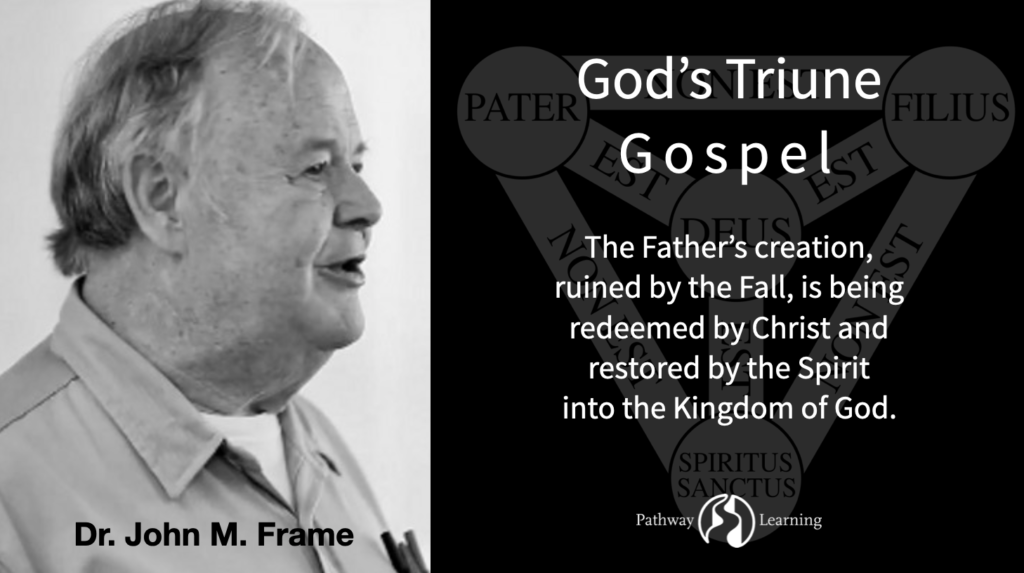
God’s Triune Nature and Work (Perspectives in Theology, Part 3)
Learn how God reveals who he is and what he does as Triune Lord in the creation and redemption of all things.
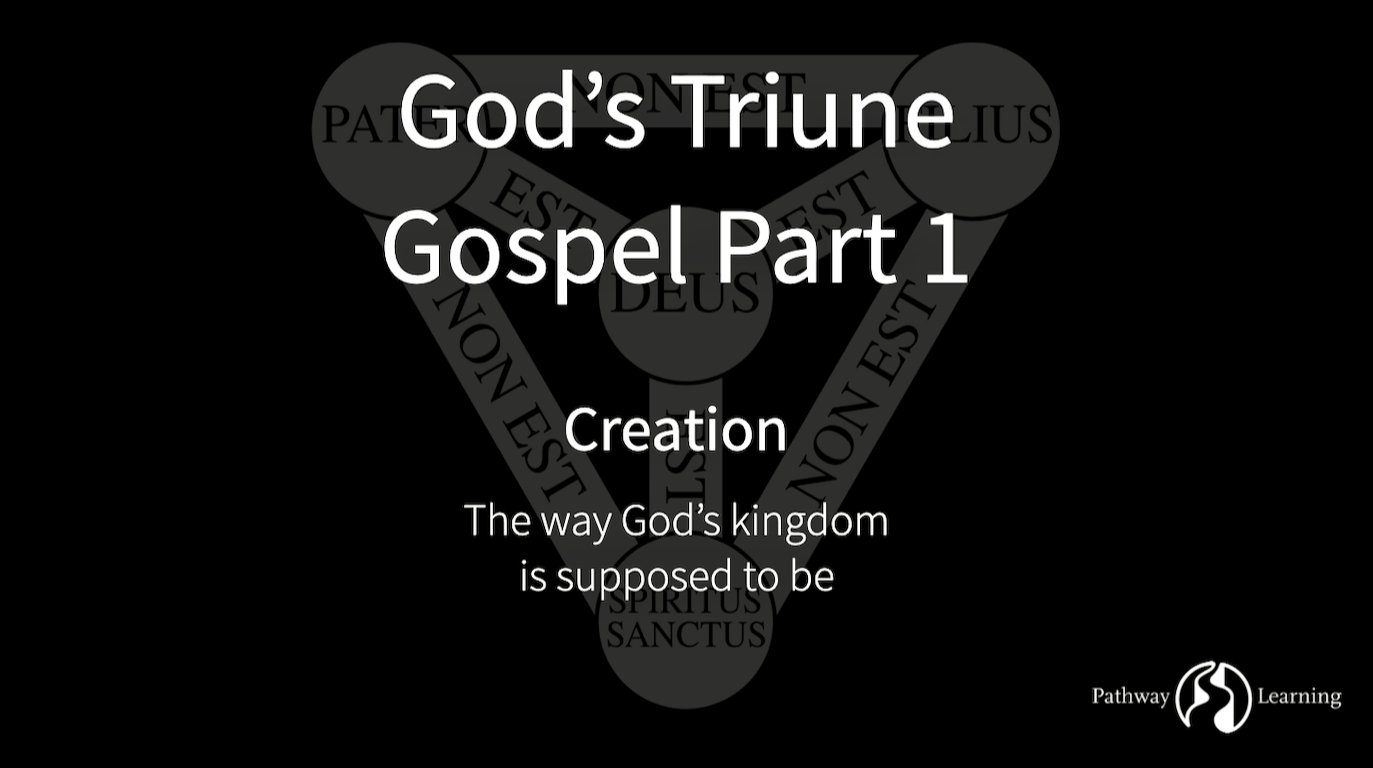
God’s Creation and the Fall (Perspectives in Theology, Part 4)
Recognize how God created the world to be his kingdom on earth, and understand how the Father’s kingdom on earth was overthrown. Learn how God’s good creation of the world and humanity did not lose its original God-ordained order, structure, and laws.

God’s Redemption and Restoration (Perspectives in Theology, Part 5)
Learn how God’s kingdom has already come on the earth, and understand the way God’s Kingdom will one day be on earth.

God’s Triune Lordship in All Things (Perspectives in Theology, Part 6)
The Bible’s revelation of God’s Triune Lordship in the gospel is not just a set of theological beliefs. It’s also a way of seeing God and all things, a biblical worldview, that helps you know and worship God as Triune Lord in all areas of your life. Learn how to see the person and work of the Triune God in everything so you will know, love, serve, and worship God as Triune Lord in all areas of your life.
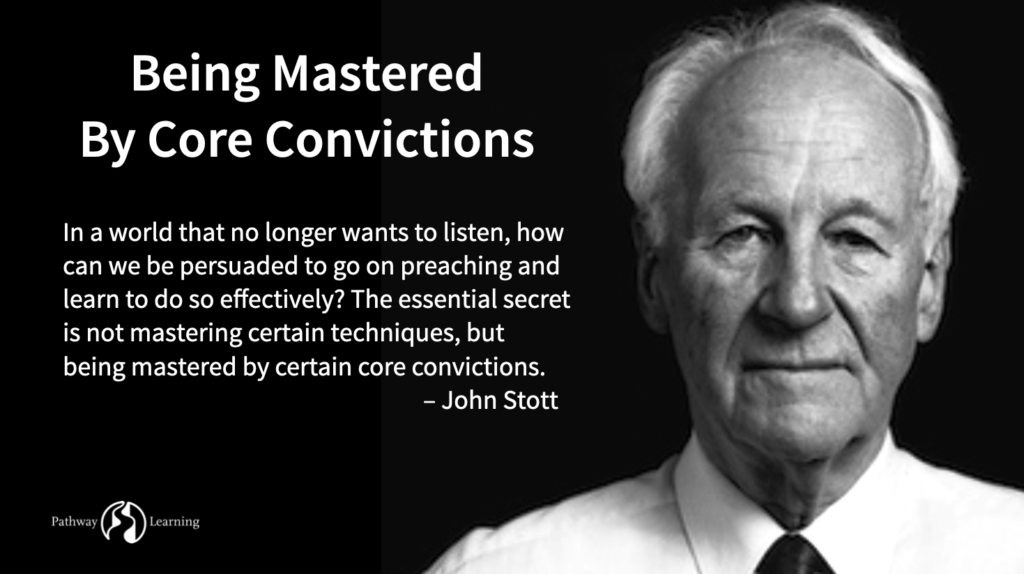
Core Convictions (Preaching, Part 1)
In a world that no longer wants to listen, the essential secret is not mastering certain preaching techniques, but being mastered by certain core convictions. Understand the necessary core convictions in preaching.
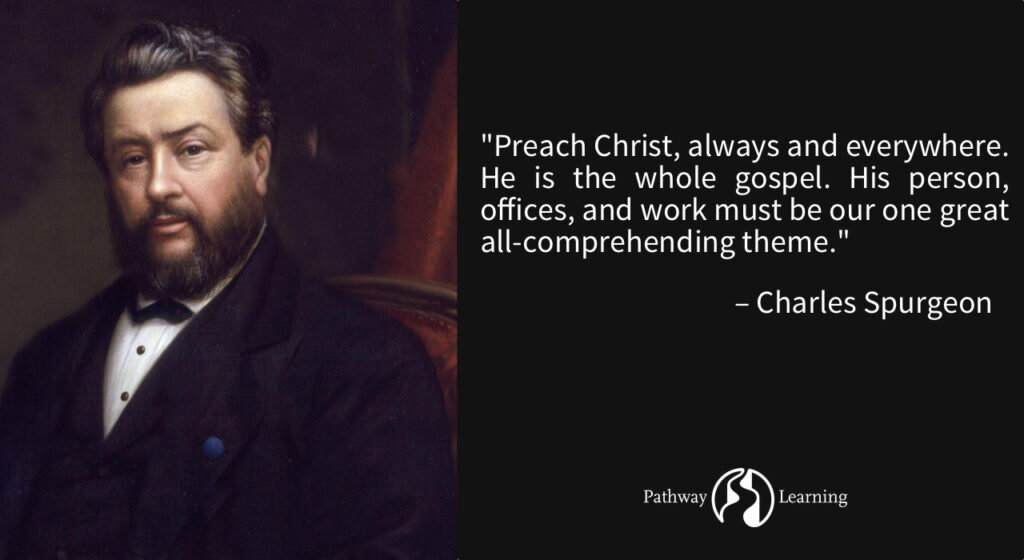
The Music and The Dance (Preaching, Part 2)
A core conviction in preaching is the need to communicate both: 1) the music of God’s radical love in Christ, and 2) the call to dance to that music, i.e. God’s radical call to gospel obedience.
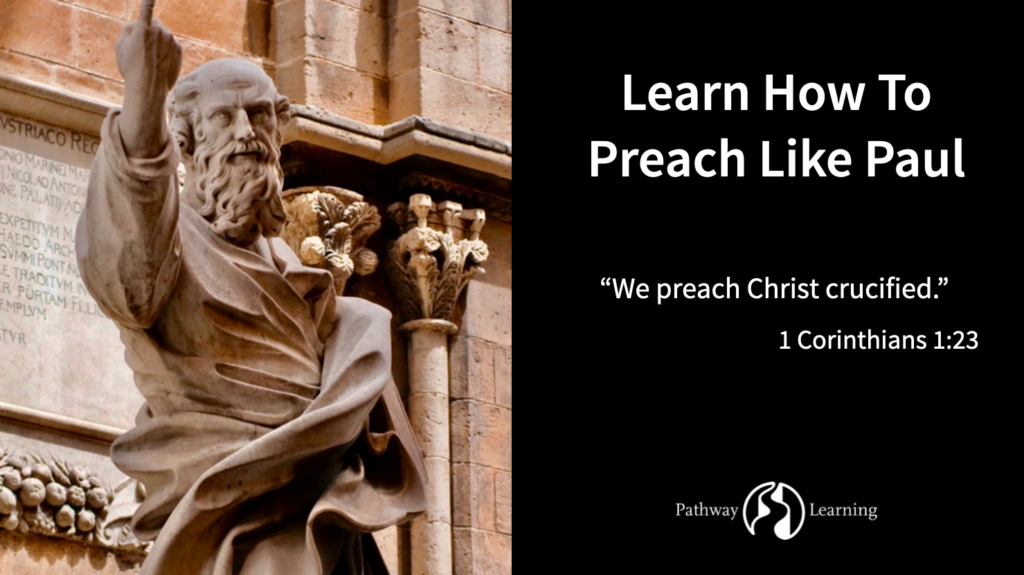
A Walk Through Ephesians (Preaching, Part 3)
The Apostle Paul’s letter to the Ephesians displays a pattern for Gospel-centered preaching that includes both indicatives and imperatives. In Ephesians, the Apostle Paul demonstrates a model for Gospel-centered preaching that includes both indicatives (chapters 1-3: who we are in Christ) and imperatives (chapters 4-6: what we do for Christ).
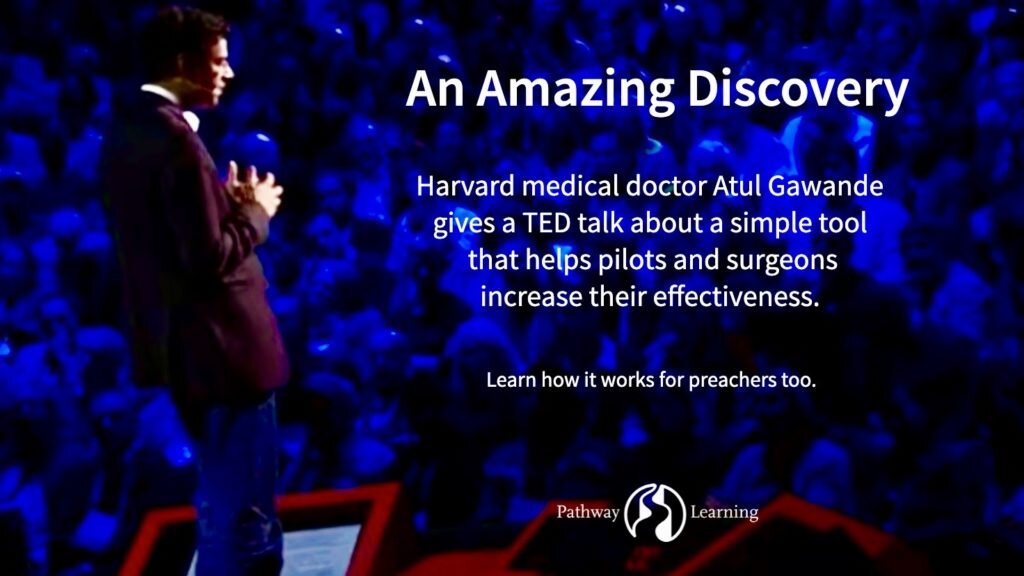
Preaching Methods: Part 1 (Preaching, Part 4)
Harvard medical doctor, Atul Gawande, made an amazing discovery of a simple, practical tool that is proven to help pilots and surgeons be more effective. Learn how this tool can help preachers too.

Preaching Methods: Part 2 (Preaching, Part 5)
One of the key ways to have more effective, Christ-centered messages is learning how to find and focus everything on the bible passage’s one unifying idea and answering four key questions.

Preaching Christ to the Heart (Preaching, Part 6)
Learn how to apply the Bible in practical ways to people’s hearts and lives and lead both unbelievers and believers to Jesus Christ in prayer.

The Making of a Church Leader (Leadership, Part 1)
There is no magic template for developing leaders. God moves mysteriously in his sovereignty to raise up leaders for his church. Nevertheless, there are some valuable, biblical principles that are given to the church for developing godly leaders. These principles help churches develop leaders according to the requirements of Scripture and help leaders be more effective in their ministries.

Effective Leadership Training Methods (Leadership, Part 2)
There is no magic template for developing leaders. God moves mysteriously in his sovereignty to raise up leaders for his church. Nevertheless, there are some valuable, biblical principles that are given to the church for developing godly leaders. These principles help churches develop leaders according to the requirements of Scripture and help leaders be more effective in their ministries.

Leadership Development Models (Leadership, Part 3)
There is no magic template for developing leaders. God moves mysteriously in his sovereignty to raise up leaders for his church. Nevertheless, there are some valuable, biblical principles that are given to the church for developing godly leaders. These principles help churches develop leaders according to the requirements of Scripture and help leaders be more effective in their ministries.

Leadership Development Profile (Leadership, Part 4)
There is no magic template for developing leaders. God moves mysteriously in his sovereignty to raise up leaders for his church. Nevertheless, there are some valuable, biblical principles that are given to the church for developing godly leaders. These principles help churches develop leaders according to the requirements of Scripture and help leaders be more effective in their ministries.
